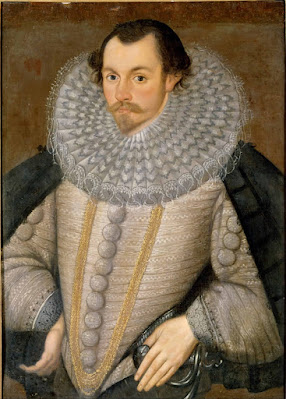English 3213: Shakespeare
Final Project: Ten-Minute Shakespeare
For your ‘final exam’ so to speak, I want you to take a cue from The Reduced Shakespeare Company, and prepare a ten-minute version of one of the plays from class. While this is a humorous idea, it also tests how well you know a given play, and what the essence of the play’s themes and characters truly consist of. What would a ten-minute Othello or Twelfth Night look like? How could you compress most of the general theme, plot, and language into a single short scene?
Your final project should consist of two parts:
·
A 5-7 page script (since 1 page = 2 minutes of reading time)
composed solely from the lines of the play you choose. Don’t add any lines, but
pick and choose what parts of the play you want to present so we can see the
skeleton of the story & a few of its characters.
·
A short Epilogue (1-2 pages), where you explain what you
hoped to achieve in this drastic reduction of the play. Why did you make the
choices you made, and what ‘story’ does this version tell, since you had to
leave so much of it out?
Remember, you’re going to have to take a
Have FUN with it. You can make a tragedy seem more like a comedy, or vice versa. I will only grade this by how well we can still see some aspect of the story in your version, as well as how some of the great lines are preserved. I’ll also look at how thoughtful you are in your Epilogue and what kind of method went into your madness.
DUE NO LATER THAN WEDNESDAY, DECEMBER 6th BY





















.jpg)
.jpg)


